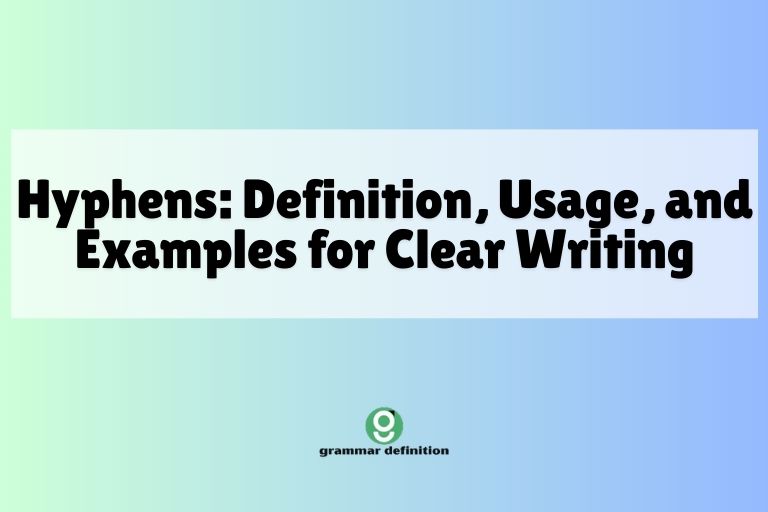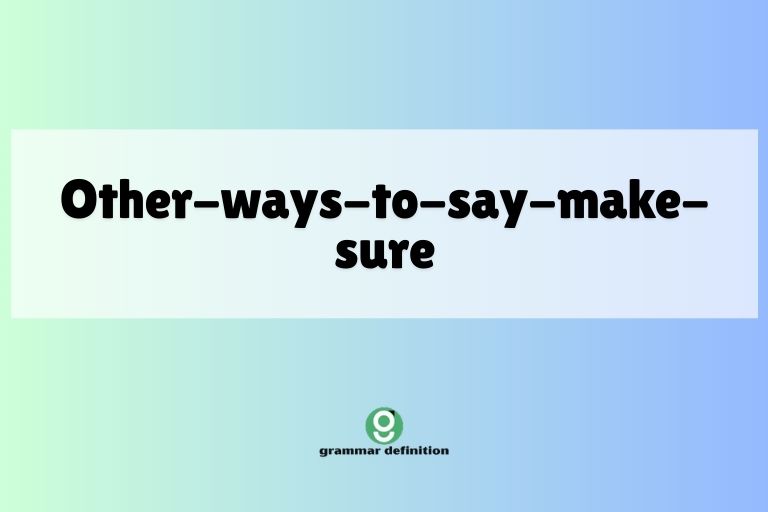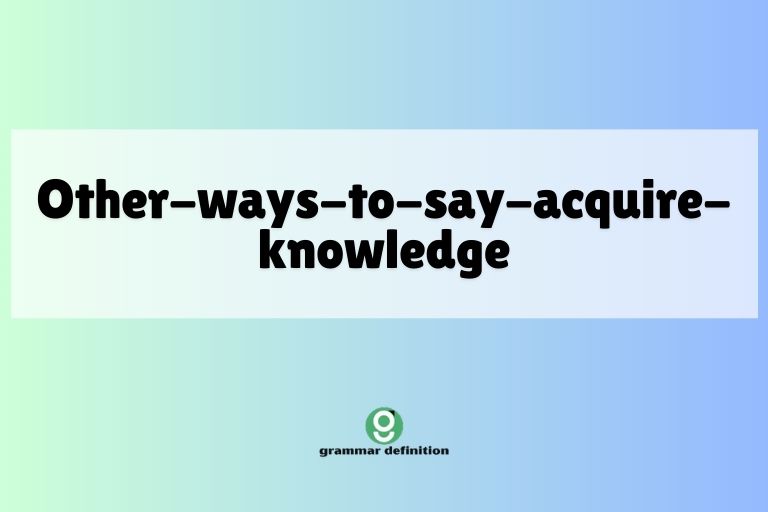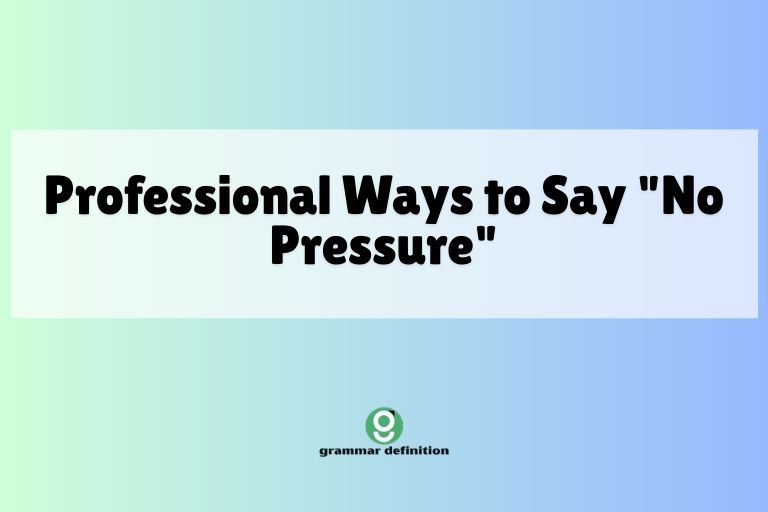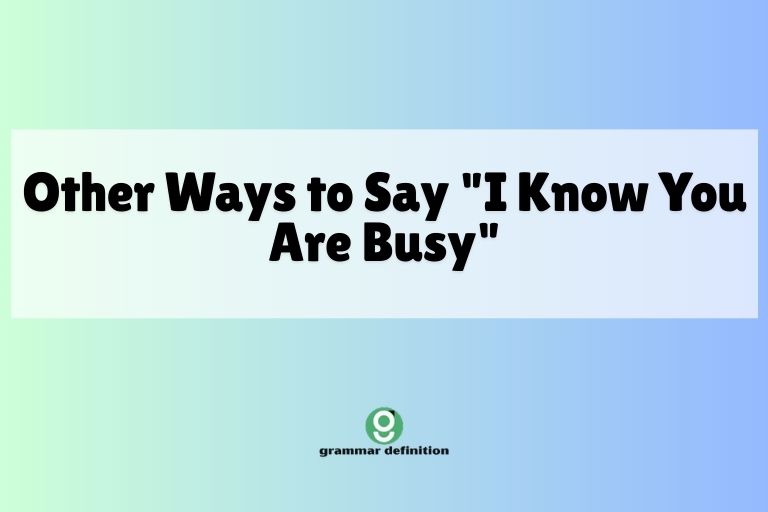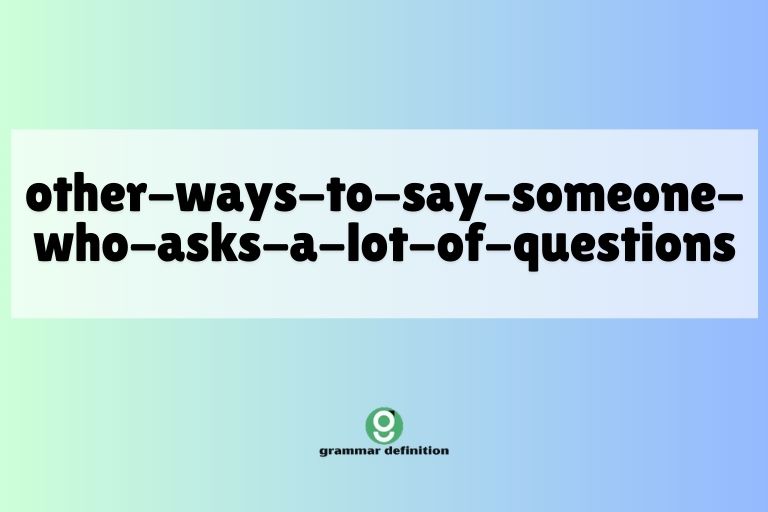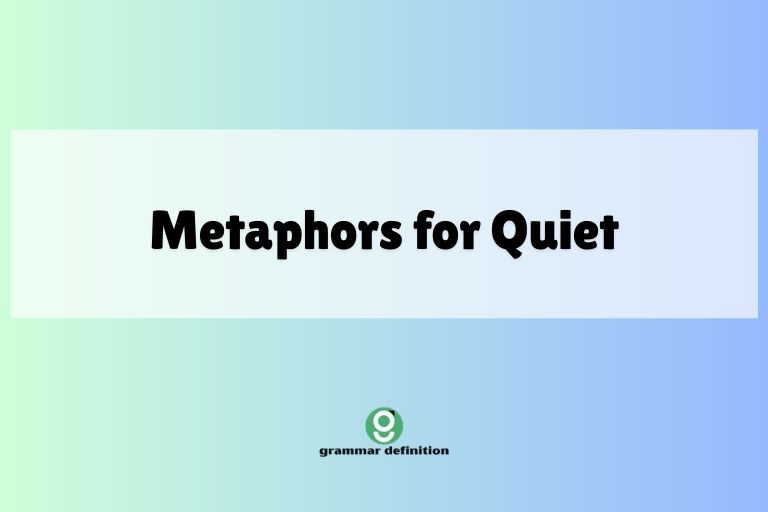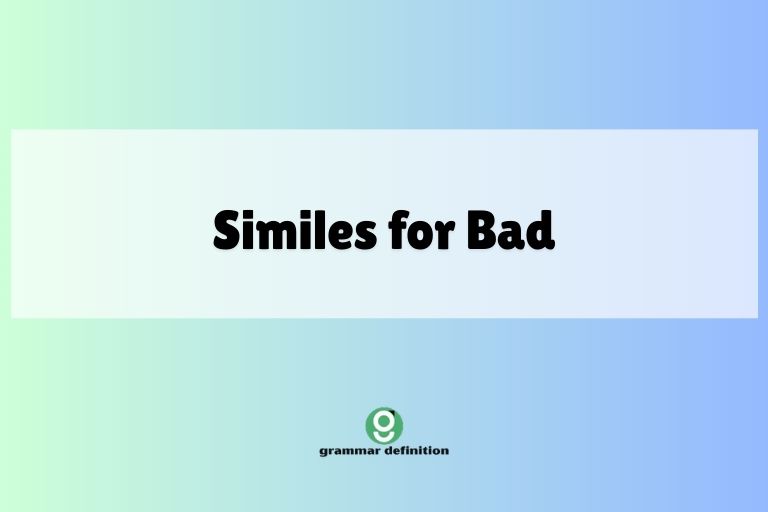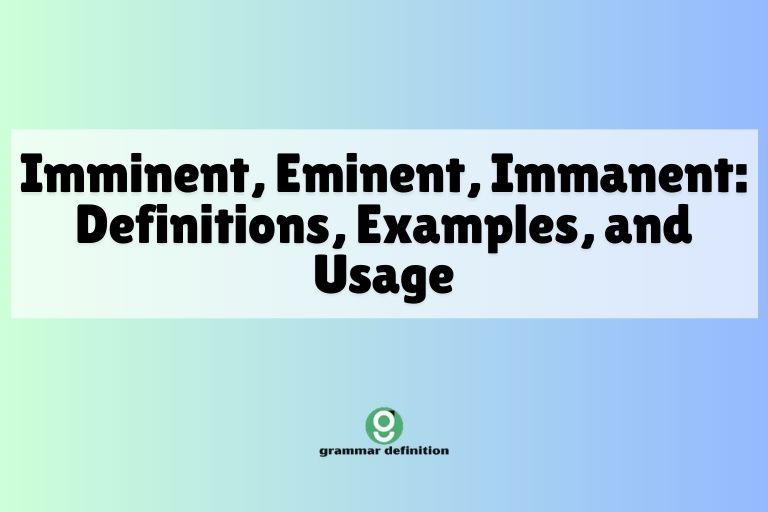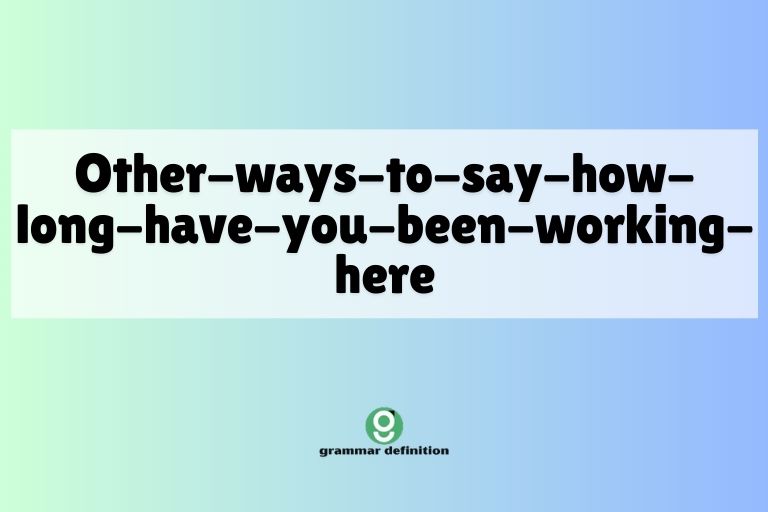Hyphens: Definition, Usage, and Examples for Clear Writing
The hyphen, a small but mighty punctuation mark, plays a crucial role in English grammar. It connects words, clarifies meaning, and enhances readability. Mastering hyphen usage is essential for clear and effective communication, whether you’re writing academic papers, professional reports, or creative fiction. This article provides a comprehensive guide to hyphens, covering their definition, usage … Read more

